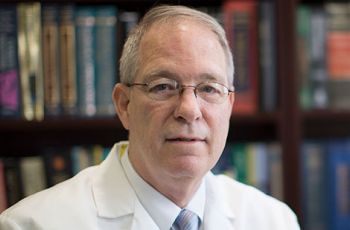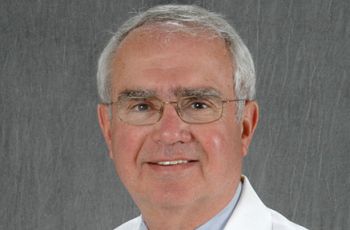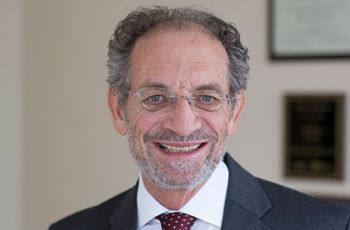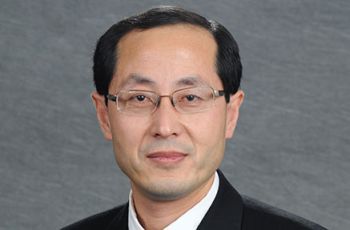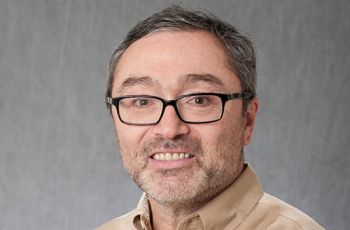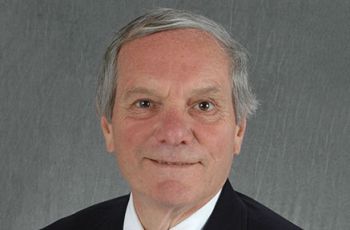Press Releases
WASHINGTON (Nov. 6, 2012) - The School of Medicine and Health Sciences is pleased to announce that the Department of Biochemistry and Molecular Biology will be renamed as The Department of Biochemistry and Molecular Medicine.
Roger J. Packer, MD, Professor of Neurology at the George Washington University School of Medicine and Health Sciences and Senior Vice President of the Center for Neurosciences and Behavioral Medicine at Children’s National Medical Center, was honored today by the Child Neurology Society (CNS) with…
WASHINGTON (Oct. 16, 2012) – The GW Cancer Institute (GWCI) was awarded a $500,000 grant from Susan G. Komen for the Cure to increase access to survivorship care for D.C.-area breast cancer survivors who have completed primary treatment.
David Parenti, M.D., professor of medicine and director of the Traveler's Clinic, worked with The Washington Post to create an overview of the most common viruses and bacteria travelers experience and suggestions on how to avoid them.
Dawn.com, a Pakistani news source, featured Ferid Murad, M.D., university professor of biochemistry and molecular biology, as an example to young Pakistanis working in the food service industry.
Joseph Giordano, M.D., former chair of the Department of Surgery at the George Washington University School of Medicine and Health Sciences, received the Alumni Achievement Award from the Jefferson Medical College Alumni Association for his extraordinary 40-year career in trauma surgery.
James Griffith, M.D., professor of psychiatry and behavioral sciences, was featured in Psychiatric News for his program to help treat political refugees and train residents to work with these victims.
Today, patients with precancerous lesions, or early-stage breast cancer are usually diagnosed after a mammography screening. This method of detection can lead to false-positives and overtreatment, since mammography cannot determine whether pre-cancerous cells will actually turn into breast cancer.…
In 1980, men and women who were diagnosed with the human immunodeficiency virus (HIV) had little to no hope of living long, full lives. Thanks to advances in science and medicine, this is no longer the case.
Samuel Potolicchio, M.D., professor of neurology, commented to BBC World Service on the use of brain-scanning technology to determine if someone is lying. The story was covered by WBEZ-FM in Chicago.
